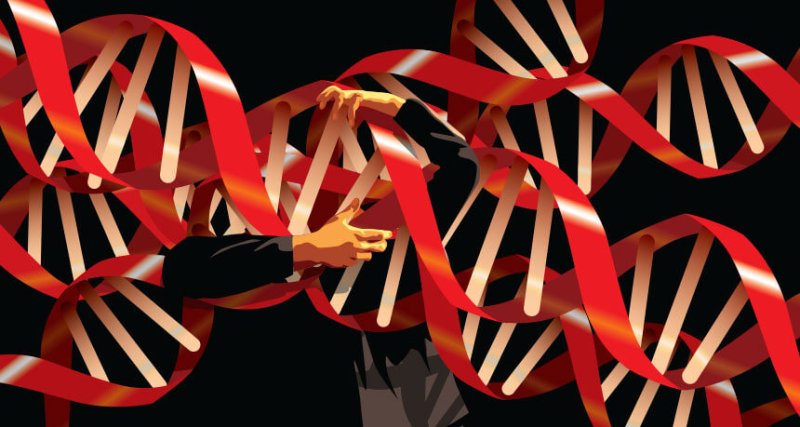[Catherine] St Clair thought she was inquiring about a technical glitch. Her brother—the brother who along with three other siblings had gifted her the DNA test for her birthday—wasn’t showing up right in her family tree. It was not a glitch, the woman on the line had to explain gently, if this news can ever land gently: The man St Clair thought of as her brother only shared enough DNA with her to be a half-sibling. In fact, she didn’t match any family members on her father’s side. Her biological father must be someone else.
…
She looked for support groups. She found none. So, being the type to take things in her own hands, St Clair started a group on Facebook called DNA NPE Friends, where NPE refers to “not parent expected.”
…
In conversations and correspondence with more than two dozen people for this story, I heard of DNA tests that unearthed affairs, secret pregnancies, quietly buried incidents of rape and incest, and fertility doctors using their own sperm to inseminate patients. These secrets otherwise would have—or even did—go the grave.
…
[H]undreds, maybe thousands, of people like St Clair are left to piece together their family histories, containing the fallout of a DNA test however they can. The best help, many have found, is each other.Read full, original post: When a DNA Test Shatters Your Identity































